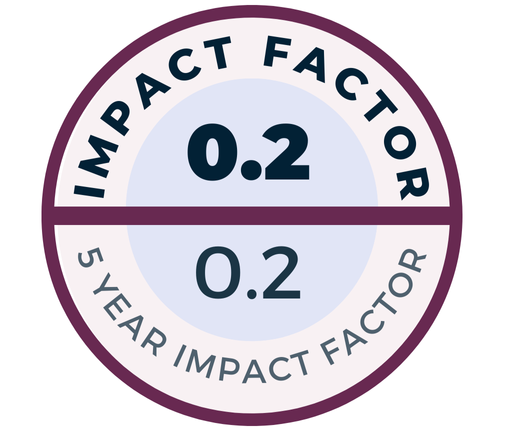Background: This study is the first to have been assessing epistaxis cases in respect of the geographic and seasonal variations in 2 distinct cities 900 km apart in 2 different regions of Turkey, whereas most studies in the literature about this entity had evaluated patients in the same residential area. The purpose of this study was to compare seasonal and regional variations in the presentations of patients with epistaxis in the regions of Central Anatolia, which has a continental climate, and the Eastern Black Sea, which has a marine climate.
Methods: This retrospective study was conducted in Karaman Training and Research Hospital and Trabzon Kanuni Training and Research Hospital throughout 2019, a total of 2141 cases (Central Anatolia: 1247; Eastern Black Sea: 894). The data of patients who presented with epistaxis were scanned retrospectively from patient records. Weather parameter data on the day of admission to hospital were obtained from the Regional Institutes of Meteorology.
Results: The number of cases (1247 vs. 894, P < .001) was significantly higher in the Central Anatolia than in the Eastern Black Sea, in which higher results of mean humidity, air pressure, rainfall, and wind speed were recorded. A weak positive correlation was determined between the number of cases and mean temperature (r=0.397) and a weak negative correlation between the number of cases and air pressure (r=−0.261) and rainfall (r = −0.288).
Conclusion: The study results suggest that the meteorological parameters of mean temperature, rainfall, and air pressure could have a significant effect on epistaxis.
Cite this article as: Yücedağ F, Sevil E, Çevik İ, Sezgin A, Değer Kulaksız B. Changes in epistaxis in different climatic conditions: A comparison between the East Black Sea and Central Anatolia. ENT Updates. 2023;13(2):24-29.

.jpeg)
